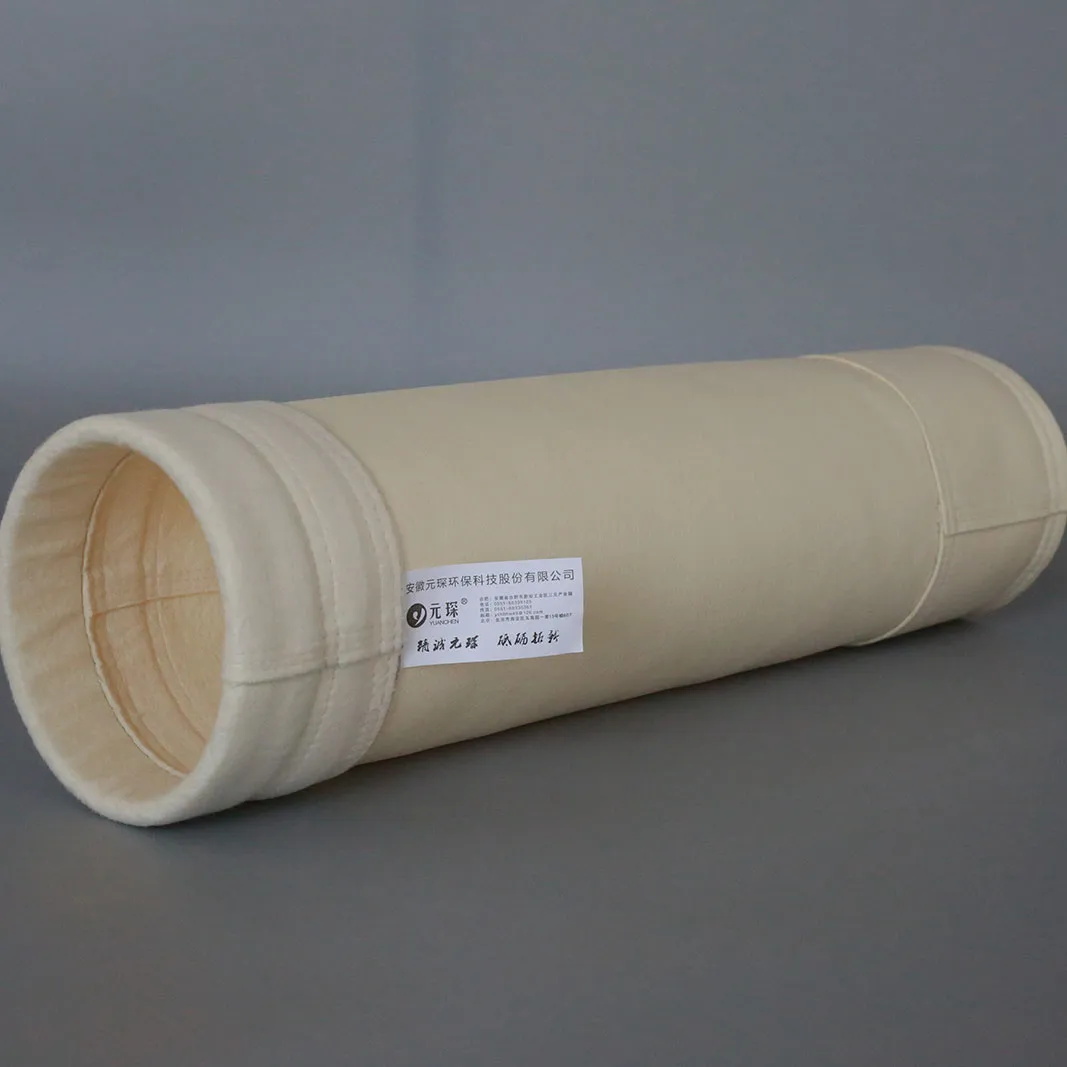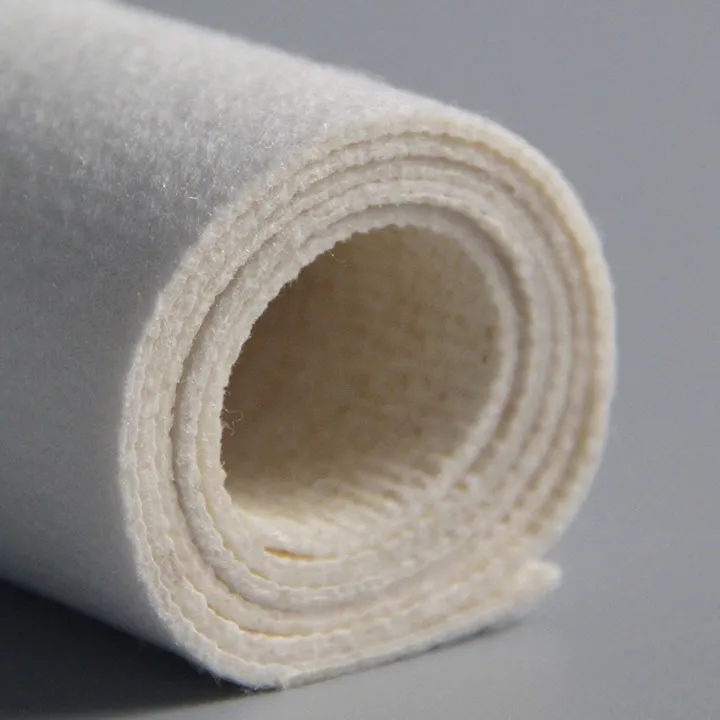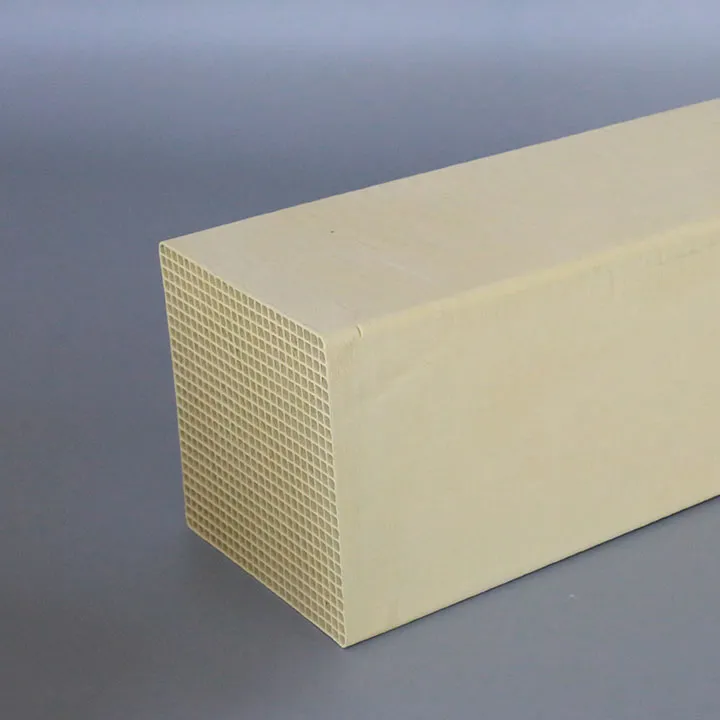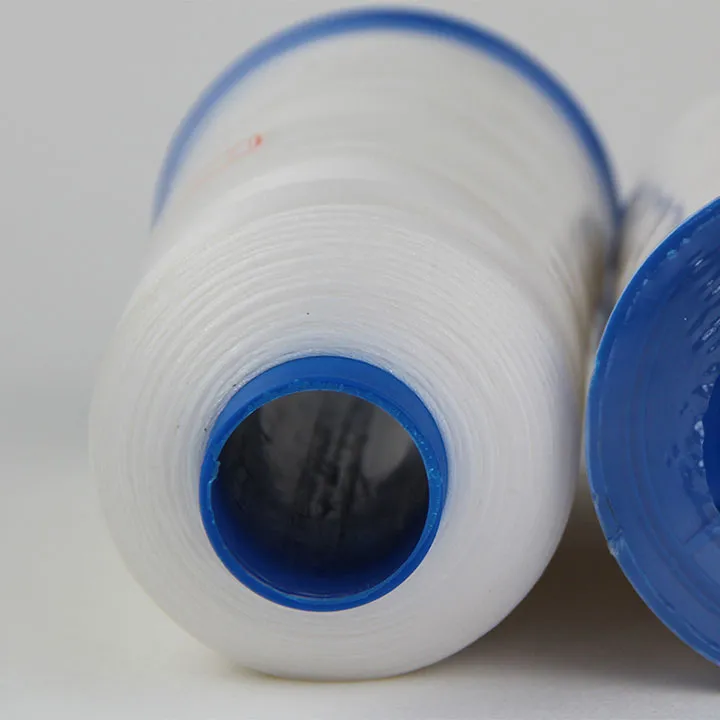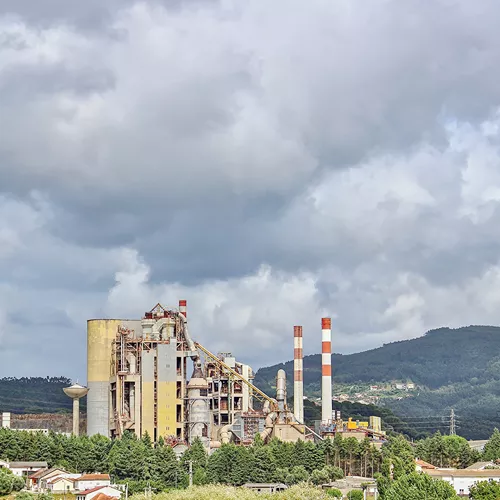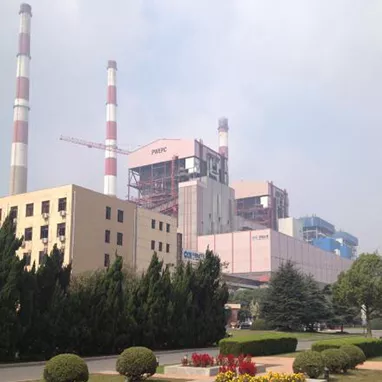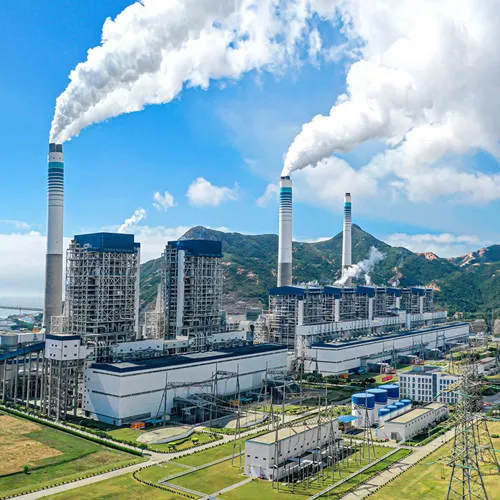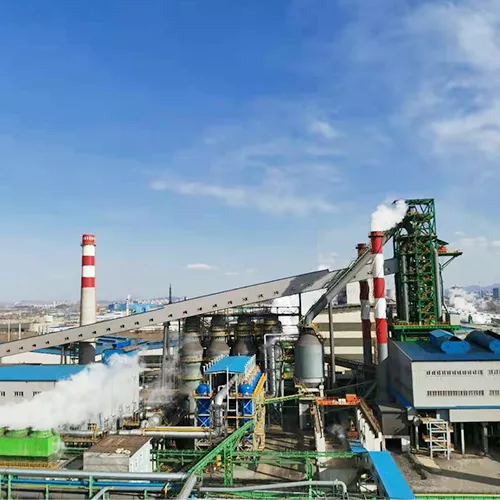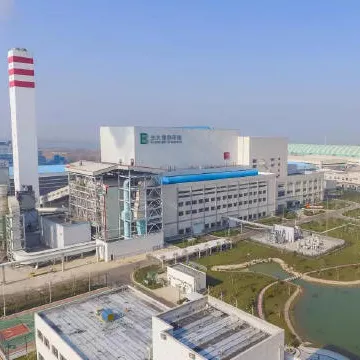Baghouse filter application in 4 different industry areas
Baghouse Filter Applications Across Industries
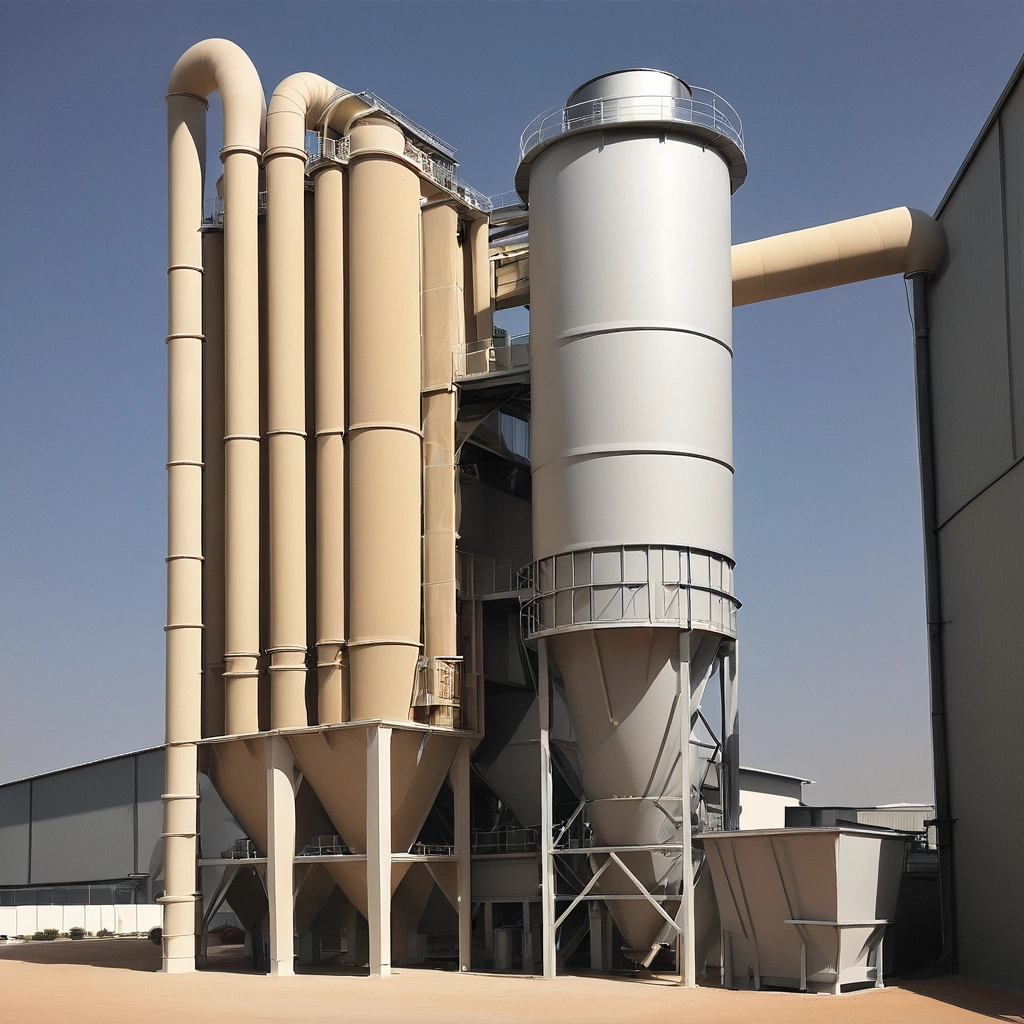
Enhancing Air Quality and Process Efficiency
Dust removal is essential for maintaining air quality and process efficiency in various industrial settings. Particulate matter, if left unchecked, can have detrimental effects on human health, the environment, and industrial processes. Baghouse filters play a crucial role in capturing and removing dust from industrial emissions, significantly improving air quality and enhancing process efficiency.
For instance, in the cement industry, baghouse filters effectively remove dust from the production process, preventing the release of harmful pollutants into the atmosphere and protecting the health of workers and nearby communities. In the steel industry, baghouse filters help control dust emissions from processes such as blast furnace gas cleaning and electric arc furnace dust collection, reducing the environmental impact and improving the efficiency of steel production.
Cement Industry
Cement production involves various processes, including quarrying, crushing, grinding, and kiln operations, which generate large amounts of dust and particulate matter. These emissions can contain harmful pollutants, such as respirable crystalline silica and heavy metals, which can cause respiratory illnesses and other health problems if inhaled.
To address these concerns, cement plants employ baghouse filters to capture and remove dust from the production process. Baghouse filters are highly efficient devices that can remove up to 99.9% of particulate matter from industrial emissions. They consist of a series of filter bags housed in a compartmentalized structure. Dust-laden gas is passed through the filter bags, and the dust particles are trapped on the surface of the bags. The collected dust is periodically removed from the bags through various cleaning mechanisms, such as pulse-jets, shaking, or reverse air flow.
Pulse-Jet Baghouse Filters
* Suitable for applications with high dust concentrations and abrasive dust;
* Use short bursts of compressed air to clean the filter bags, effectively removing dust and preventing clogging;
* Recommended dust filter bag materials:Polyester filter bags;PTFE filter bags
Reverse-Air Baghouse Filters
* Ideal for applications with low to moderate dust concentrations and non-abrasive dust.
* Clean the filter bags by reversing the airflow direction, dislodging dust particles and allowing them to fall into a hopper.
* Recommended dust filter bag materials:Acrylic filter bag;Fiber glass filter bag
Sonic Baghouse Filters
* Ideal for applications with low to moderate dust concentrations and non-abrasive dust;
* Clean the filter bags by reversing the airflow direction, dislodging dust particles and allowing them to fall into a hopper;
* Recommended dust filter bag materials:Nomex(Aramid) filter bags
View more baghouse bags details.
Steel Industry
The steel industry also relies heavily on baghouse filters to control dust emissions and maintain air quality. Steel production processes, such as iron ore sintering, blast furnace operations, and steelmaking, generate significant amounts of dust and particulate matter.
Three main types of baghouse filters are commonly used in the steel industry:
Pulse-Jet Baghouse Filters
* Suitable for applications with high dust concentrations and abrasive dust, such as blast furnace gas cleaning and electric arc furnace dust collection;
* Use short bursts of compressed air to clean the filter bags, effectively removing dust and preventing clogging;
* Recommended dust filter bag materials:Polyester filter bags;PTFE filter bags ; Nomex filter bags
Shaking Baghouse Filters
* Ideal for applications with medium dust concentrations and non-abrasive dust;
* Clean the filter bags by mechanically shaking them, dislodging dust particles and allowing them to fall into a hopper;
* Recommended dust filter bag materials: Acrylic bag;Glass fiber bag; Polyester felt bag
Cyclone Collectors with Baghouses
* High-efficiency cyclones: Remove larger dust particles effectively;
* Polyester felt bags (for baghouses): Durable and resistant to abrasion, suitable for capturing finer dust particles;
* Recommended dust filter bag materials:Polyester filter bags
View more baghouse bags details.
Waste Incineration Industry
In the waste incineration industry, specialized baghouse filters are employed to handle the unique characteristics of flue gases. These filters are designed to withstand high temperatures, corrosive gases, and abrasive dust particles. They are also equipped with advanced filtration media, such as Nomex or acid-resistant materials, to effectively capture and remove hazardous pollutants.
By effectively capturing and removing dust, baghouse filters help waste incineration facilities comply with environmental regulations and minimize their impact on air quality. They also contribute to the health and safety of workers and communities surrounding waste incineration facilities by reducing exposure to harmful dust emissions.
Nomex Baghouse Filters
* Made from high-temperature resistant Nomex material;
* Can withstand temperatures up to 550°C (1022°F);
* Suitable for applications involving hot and corrosive flue gases;
* Recommended dust filter bag materials:Nomex(Aramid) filter bags.
Acid-Resistant Baghouse Filters
* Lined with acid-resistant materials, such as fluoropolymers or ceramics;
* Can withstand highly acidic and corrosive flue gases;
* Suitable for applications involving the incineration of hazardous waste;
* Recommended dust filter bag materials:PTFE filter bags.
Electrostatic Precipitators (ESPs) with Baghouses
* ESPs remove coarse particles through electrical charging and collection;
* Baghouses capture finer dust particles not removed by ESPs;
* Provide high-efficiency dust removal, especially for submicron particles;
* Recommended dust filter bag materials:Acrylic filter bags; Polyester filter bags; Fiber glass filter bags
View more baghouse bags details.
Power Generation
Baghouse filters play a crucial role in capturing and removing dust from the flue gases produced by power plants. These filters are highly efficient devices that can remove up to 99.9% of particulate matter from industrial emissions. They consist of a series of filter bags housed in a compartmentalized structure. Dust-laden gas is passed through the filter bags, and the dust particles are trapped on the surface of the bags. The collected dust is periodically removed from the bags through various cleaning mechanisms, such as pulse-jets, shaking, or reverse air flow.
Pulse-Jet Baghouse Filters
* Use short bursts of compressed air to clean the filter bags;
* Suitable for applications with high dust concentrations and fine particles;
* Can handle high-volume gas flows;
* Recommended dust filter bag materials:Nomex(Aramid) filter bags; Polyester filter bags; PTFE filter bags.
Reverse-Air Baghouse Filters
* Clean the filter bags by reversing the airflow direction;
* Suitable for applications with low-moderate dust concentrations and non-abrasive dust;
* Less energy-intensive than pulse-jet filters;
* Recommended dust filter bag materials:Acrylic filter bags; Polyester filter bags; Fiber glass filter bags
Cartridge Collectors
* Compact filters with pleated cartridges;
* Suitable for applications with low-moderate dust concentrations and high-temperature gases;
* Offer high filtration efficiency
View more baghouse bags details.
Conclusion
Baghouse filters play a vital role in controlling dust emissions and maintaining air quality across various industries, including cement, steel, waste incineration, power generation, and metallurgy. These filters effectively capture and remove particulate matter from industrial processes, contributing to environmental protection, worker health, and community well-being.
The selection of the most appropriate baghouse filter type depends on factors such as the specific industry, dust characteristics, required efficiency levels, and operating conditions. By carefully considering these factors, industries can optimize their baghouse filter systems to achieve effective dust removal, minimize environmental impact, and ensure efficient process operations.
Continuous advancements in baghouse filter technologies, including the development of specialized filter bags and advanced cleaning mechanisms, are further enhancing the performance and efficiency of these systems. By embracing these innovations, industries can continue to improve their environmental stewardship and contribute to a cleaner and healthier future.


